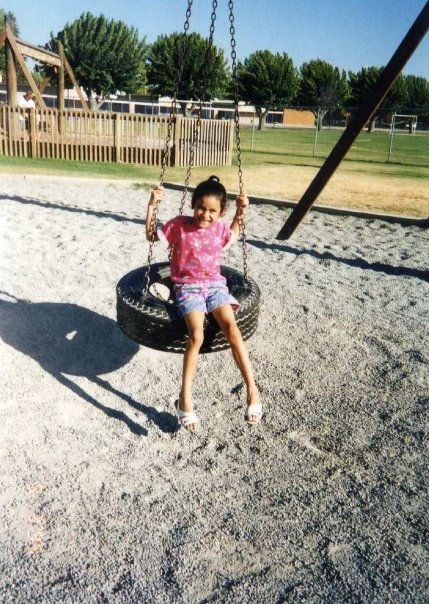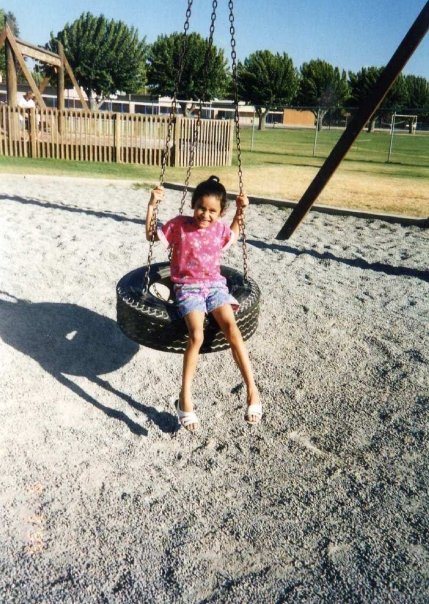*This post was also published on Medium.
For many years, I grappled with my identity as a South Asian woman as I flipped through the glossy pages of children’s books and magazines. I never saw anyone who looked like me — and that was deeply troubling.
After 9/11, hate crimes against my fellow Muslim American and South Asian brothers and sisters significantly rose. Like quick sand, the conversation dramatically shifted as countless families like mine were suddenly targeted and ridiculed for their “brownness.”
It was like we were under a microscope, constantly questioned and judged for every action based on the color of our skin.

Growing up, my parents did everything in their power to shield me from racism and from feeling as if I didn’t belong. My mother encouraged me to join the swim team at my neighborhood recreation center. She was at every afterschool dance class, cheering me on from the sidelines as I tried to memorize the choreo to Backstreet Boys’ “Larger Than Life.”
But as much as I tried to assimilate, there were still moments when I felt like I just didn’t belong.

Celebrating the Camellia Festival with my Girl Scout troop 141 in Temple City, Calif.
There were lucid instances where my “brownness” suddenly felt like an immense burden to carry.
Somewhere between the “Fair and Lovely” ads that sought to erase my beautiful brown skin, I lost myself and built a sort of self-hatred that lingered over the years. I suppressed some of my feelings and ignored the racist taunts from classmates as my community and POC continued to be targeted across the country.
I first felt the weight of my brownness during dodgeball when a group of white kids had singled out us brown kids and laughed and joked about how the circle on their side was “not open to browns.”
In middle school, my “brownness” stuck out as others joked about the fact that my family and I didn’t belong in the United States of America “because we weren’t white, therefore we weren’t American.”
I continued to feel the weight of my “brownness” again when I carried a bag of groceries after shopping in Little India (Artesia, Calif) with my mom, only to be greeted by a stranger who echoed these words: “Go back to your country, you dirty Indians.”

Even all of the textbook discussions, “circle times” at school, and calls for cultural competency and understanding couldn’t prepare me for what we we — and countless other families across the country — were about to endure.
Growing up, I never felt truly American because of all of the instances where others made me feel like my brown skin was something to be ashamed of. I was, of course, thankful for the friends who stood up for me and reminded me that “brownness is beautiful.”

My grandparents owned a convenience store in EAst Finchley, London, in the ’70s, before immigrating to the San Gabriel Valley in the ’80s.
It wasn’t until years past when I came to terms with my brown skin and learned to love and embrace the sacrifices my ancestors had made to ensure that we were living the American Dream. My “brownness” is something I cannot erase. I am proud of being South Asian. I am proud of being an American, even though this country has shattered my heart into a million pieces over and over again.
Today, I stand in solidarity with anyone who has been told they do not” belong.”
There is SO much work to be done. There are stories that need to be told during these daunting, and uncertain times.
We need to create, organize, and be there to spread and embrace love. We need to LOVE more than ever.
I’ve been silent this week because my family and I are still processing all of the hate that has engulfed this country I love so much.
Growing up, I longed for someone to stand up and remind me that my brownness was beautiful and powerful. Truthfully, this strength has always been by my side.
I just never knew until now.
xmoni
